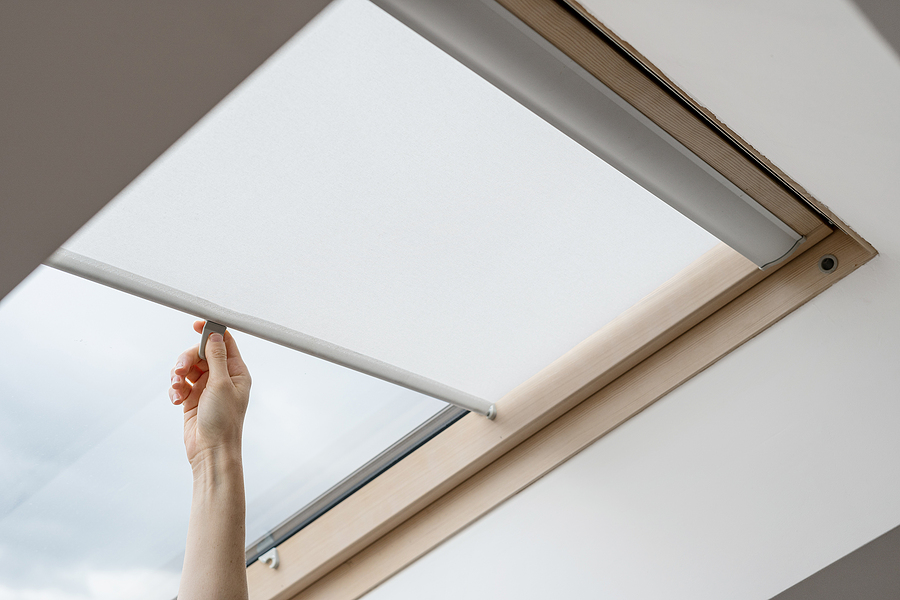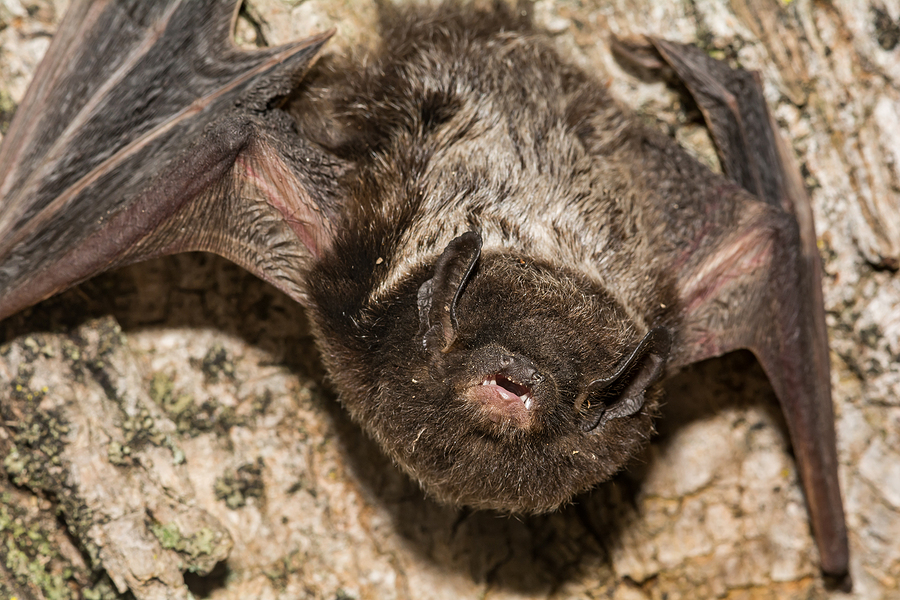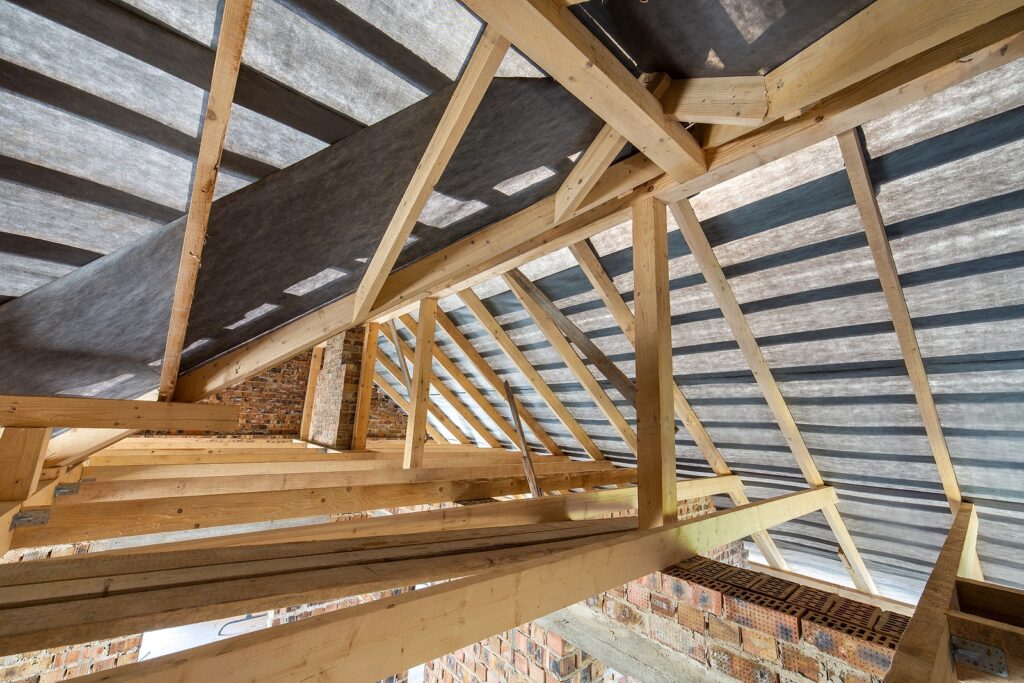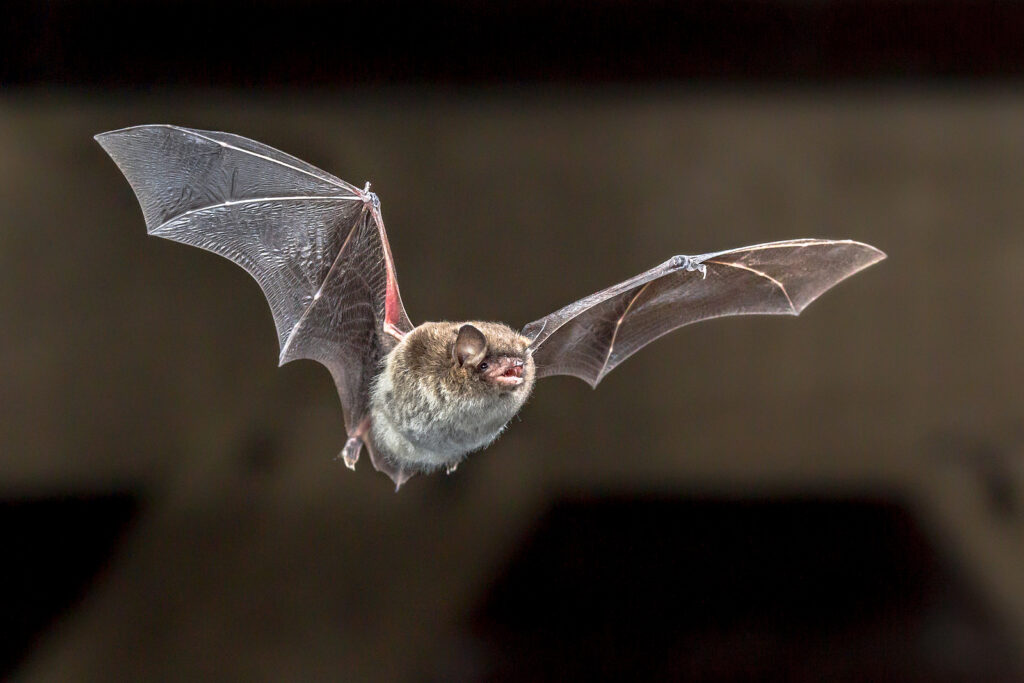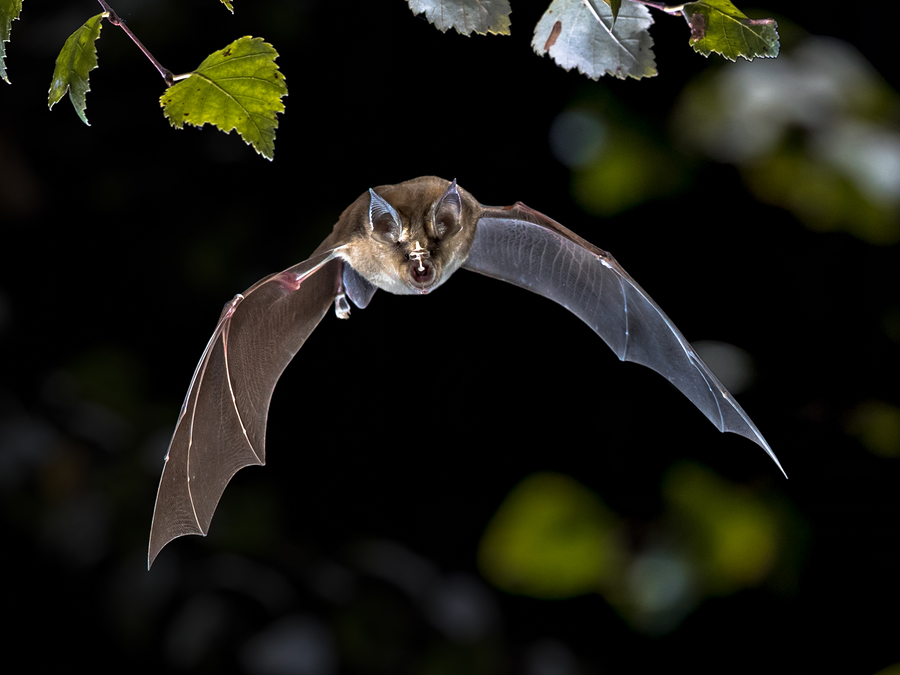Discovering that you’ve got unexpected roommates in the form of bats in your attic can be an alarming experience. While bats play a crucial role in many ecosystems, acting as natural pest control and pollinators, they’re not exactly the housemates you’d choose. Encounters with these nocturnal creatures in your living spaces can be unsettling and raise concerns about health and damage to your home.
This blog post aims to demystify the experience of dealing with bats in the attic, offering insight into why they’ve taken up residence there, and providing practical advice on how to humanely and effectively encourage them to find a new home. Whether you’re in the midst of a bat situation or just want to be prepared, keep reading for helpful tips on managing your unexpected roommates.
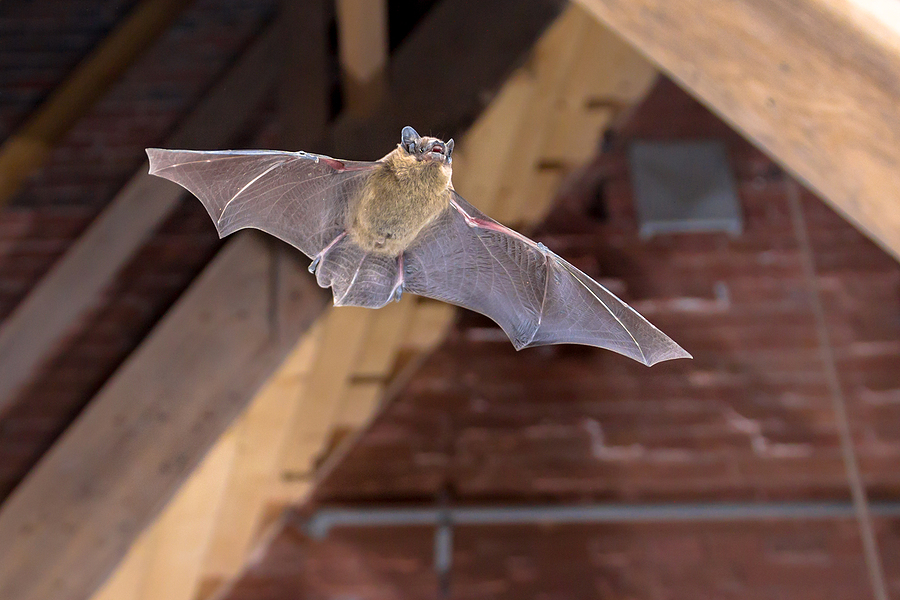
The Importance of Bats in Ecosystems
Before delving into how to handle bats in your attic, it’s important to recognize the crucial role they play in many ecosystems. Bats are a vital part of our ecosystem and provide valuable services such as pollination, seed dispersal, and pest control. In fact, bats can eat up to 1,000 insects in a single night, making them incredibly effective natural pest control agents. Without bats, our ecosystem would suffer greatly and may even collapse in some areas. So, while having bats in your attic is not ideal, it’s important to approach the situation with respect for their role in nature.
Why Do Bats Choose Attics?
Bats are found all over the world, but they typically prefer warm and dry areas to roost. This makes attics a perfect spot for them as they provide shelter from the elements and offer a dark, quiet space for sleeping during the day. Additionally, attics often have small openings that allow for easy access and are usually free of predators. Bats may also choose your attic because it closely resembles their natural habitat, with the added bonus of being close to a food source (insects) and water.
Risks Associated With Bats in the Attic
While having bats living in your attic may seem harmless, there are some potential risks that come with their presence. One of the main concerns is their droppings, known as guano. Guano can accumulate quickly and can cause a foul odor, as well as damage to your home’s insulation. In rare cases, guano can also contain fungi that can lead to respiratory issues in humans. Additionally, bats may carry diseases such as Rabies, which can be transmitted through bites or scratches. However, it’s important to note that the risk of contracting rabies from a bat is very low, as less than 1% of bats actually carry the virus.
How To Encourage Bats to Leave
If you’ve discovered bats in your house, it’s important to act quickly and ethically. The best way to encourage them to leave is by making your attic an undesirable space for them. This can be done by installing bright lights or playing loud music during the day, as bats prefer dark and quiet spaces. You can also try sealing off any entry points, such as small holes or cracks, to prevent them from coming back. However, it’s important to ensure that all bats have left before sealing up any openings.
Seeking Professional Bat Removal
In some cases, seeking professional wildlife removal services may be necessary for effectively dealing with bats in your attic. This is especially true if there is a large colony or if you’re unsure of how to safely and humanely remove them. Professional services can also help with sealing off entry points and providing guidance on prevention methods to avoid future infestations.
Key Takeaways
While having unexpected roommates in the form of bats may be unsettling, it’s important to approach the situation with respect for their role in nature. Understanding why bats choose attics and the potential risks associated can help you better manage the situation. By taking proactive measures and seeking professional assistance if needed, you can safely and ethically encourage these flying mammals to find a new home outside of your attic.
Remember, coexisting with wildlife is possible with proper management and consideration for their well-being. So, if you ever have bats as unexpected roommates again, you’ll be well-equipped to handle the situation with confidence and compassion.
Do you suspect you have a nuisance bat problem on your property? Are there bats in your attic or walls right now? Contact Modern Wildlife Control at 317-847-6409 for licensed and insured animal trapping and removal for bats in Indianapolis, Indiana. We serve residential and commercial clients.
Related Posts:
How to Deter Bats From Entering Your Home
Fall is the Season for Bat Proofing Home Inspections
How to Repair Attic Damages Caused By Bats

